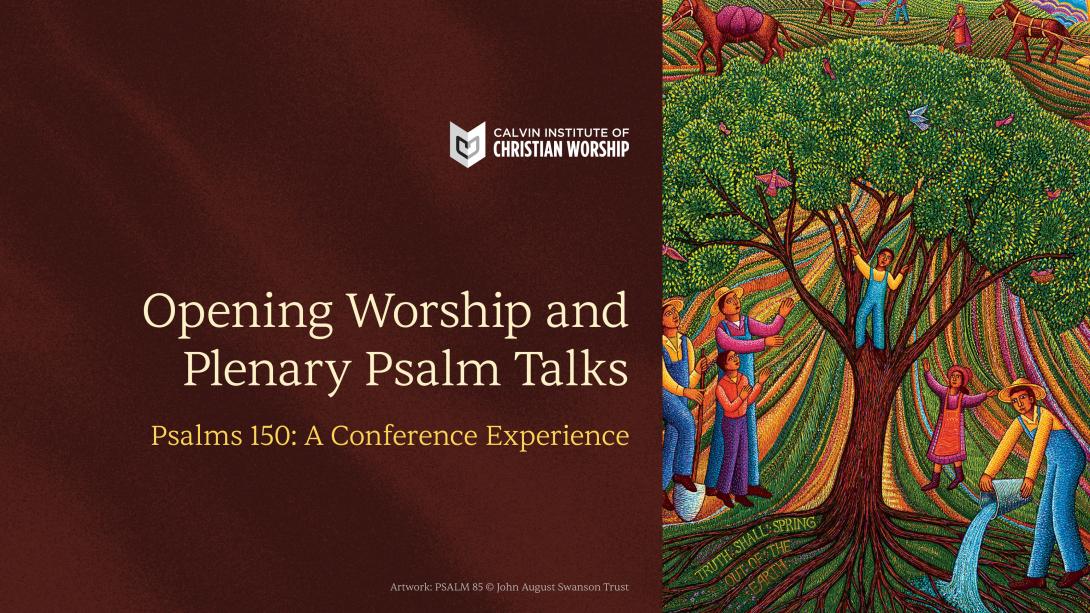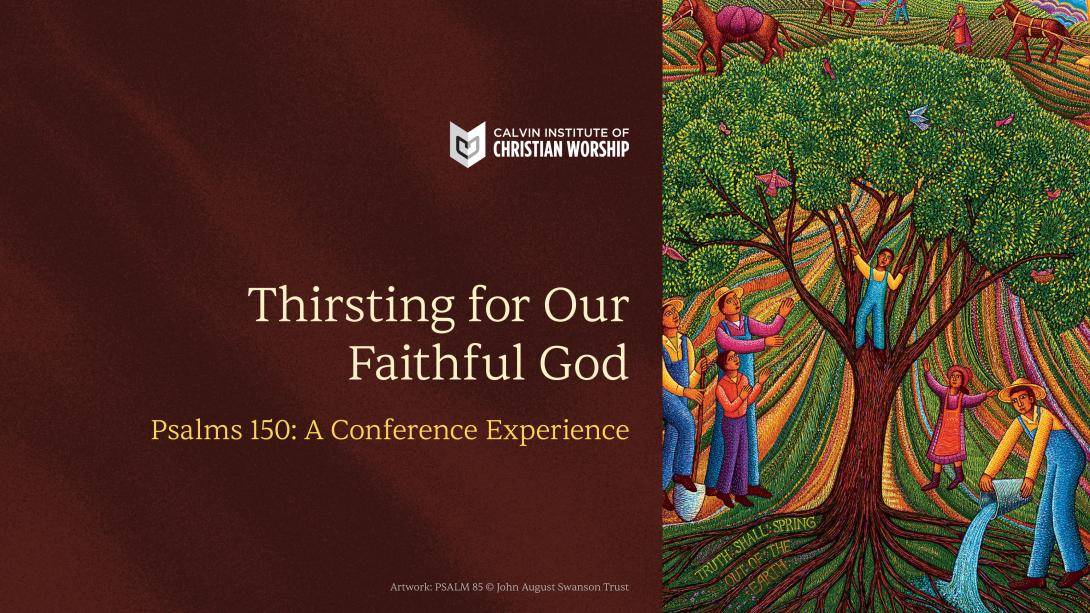Decisions we make about how to shape and lead worship can do a lot to either welcome or inhibit the participation of those among us who struggle with mental health issues. This agenda-setting conversation seeks to identify key priorities for congregations in the years ahead as well as for organizations such as the Calvin Institute of Christian Worship who seek to serve and strengthen congregational life. It focuses especially on these central questions:
• What are the most pastorally constructive ways to speak about mental health in public prayer and preaching? What are problematic tendencies to avoid?
• How can we shape public worship services in ways that deepen the participation of those who struggle with mental health issues, even when mental health concerns are not explicitly named?
• How might the Holy Spirit use the public worship life of Christian congregations to minister to those with mental health concerns as well as to those who care for them?
• How might our answers to these questions vary if we focused on particular mental health challenges such as depression, anxiety disorders, schizophrenia, eating disorders, substance addiction, or dementia?
• What resources have already been developed to strengthen Christian worship practices to respond to these challenges? What resources are most needed?
• What additional questions should we be asking? Who are key resources to help us address them?





